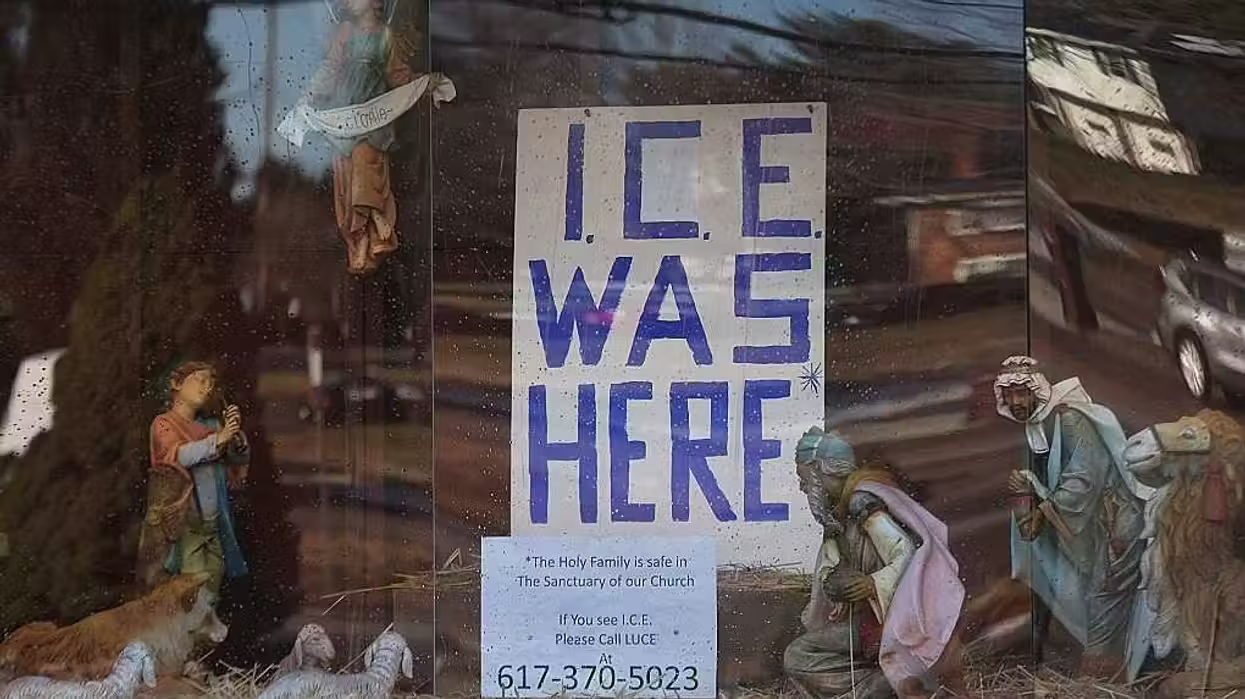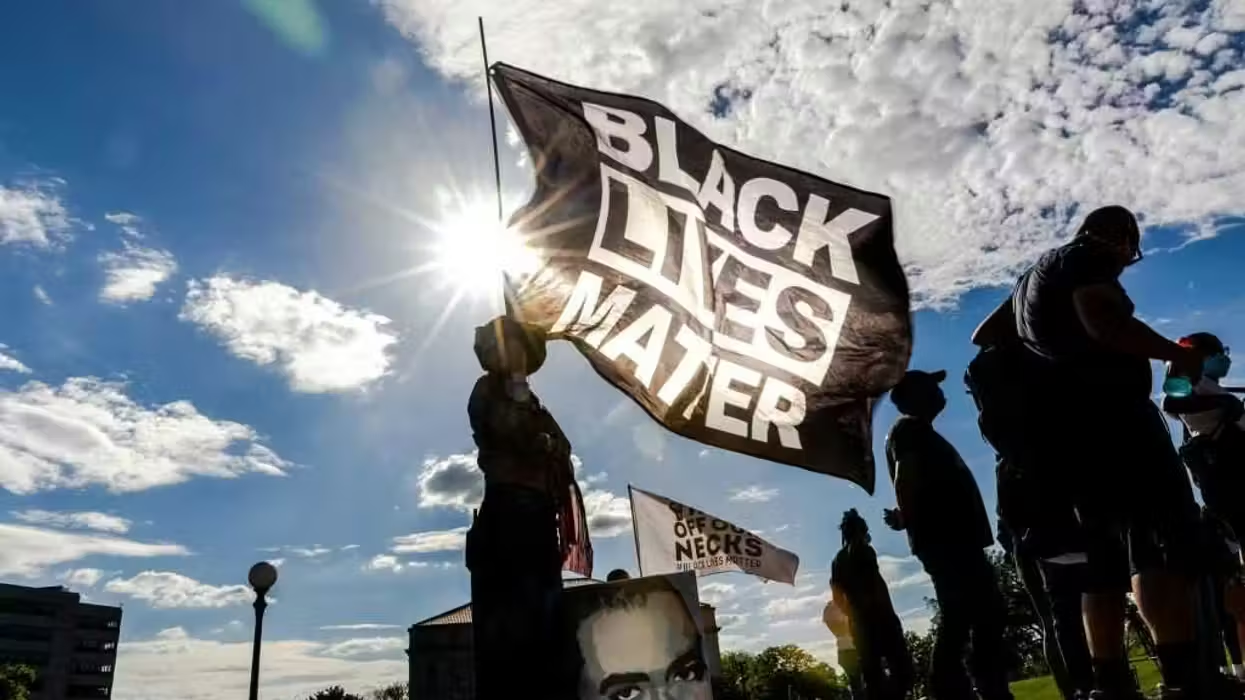
© 2025 Blaze Media LLC. All rights reserved.
‘Beer Goggles’ Are a Real: How Alcohol Can Affect Your Tears and Obstruct Sight at Night
June 18, 2014
“This research offers results of value to society and public health care."
Researchers recently demonstrated what is going on physically when alcohol is imbibed that affects eyesight and can impair driving and cause so-called "beer goggles."
The team from the University of Granada showed that ethanol in the eye's tear-film causes evaporation, which impacts the quality of the image being seen, especially at night.
The researchers evaluated retina-image quality and night-vision performance of nearly 70 people after they drank alcohol, measuring their blood alcohol levels through breathalyzer tests.
To assess volunteer's vision at the time, the team conducted a "halometer" test in low-light conditions, allowing them to quantify any level of eyesight obstruction in the form of "halos" around bright lights, according to the news release. The more impaired a person's vision was, the more of a "halo" they saw around the lights.
 Lights perceived without halos. (Image source: Jose Juan Castro/University of Granada)
Lights perceived without halos. (Image source: Jose Juan Castro/University of Granada)
 Lights perceived with halos, which the researchers found happened more often when subjects drank alcohol to a certain point, impairing the quality of their eyesight. (Image source: Jose Juan Castro/University of Granada)
Lights perceived with halos, which the researchers found happened more often when subjects drank alcohol to a certain point, impairing the quality of their eyesight. (Image source: Jose Juan Castro/University of Granada)
Those with blood alcohol content over the World Health Organization's limit of 0.25mg/l experienced even more disturbances in their optical quality. The disturbances -- the halos perceived around bright lights -- were significant enough that researchers said it could impair driver's ability to see a person walking in the street or read a traffic sign.
“This research offers results of value to society and public health care, especially in relation to night-time driving. Alcohol consumption and low-illumination conditions are factors present in many traffic accidents, hence people must to be made aware of the effects of alcohol consumption, especially on vision," lead author Jose Juan Castro said in a statement.
These findings were published in the Journal of Ophthalmology.
(H/T: Science Daily)
--
Front page image via Shutterstock.
Want to leave a tip?
We answer to you. Help keep our content free of advertisers and big tech censorship by leaving a tip today.
Want to join the conversation?
Already a subscriber?
more stories
Sign up for the Blaze newsletter
By signing up, you agree to our Privacy Policy and Terms of Use, and agree to receive content that may sometimes include advertisements. You may opt out at any time.
Related Content
© 2025 Blaze Media LLC. All rights reserved.
Get the stories that matter most delivered directly to your inbox.
By signing up, you agree to our Privacy Policy and Terms of Use, and agree to receive content that may sometimes include advertisements. You may opt out at any time.






